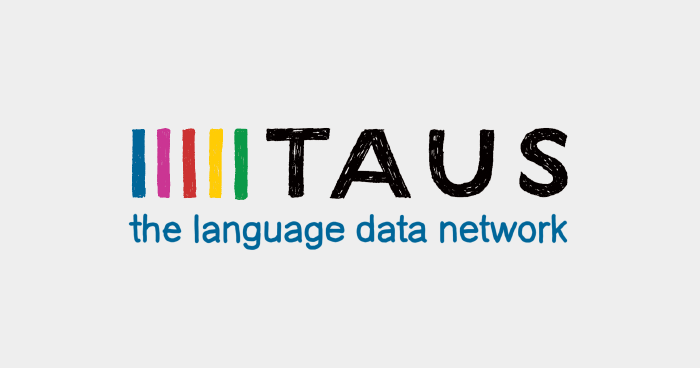Access management List (ACL) area unit
filters that change you to manage that routing updates or packets area unit
allowable or denied in or out of a network.
They are specifically used by network
directors to filter traffic and to produce further security for the network.
this may be applied to routers (Cisco).
How ACLs works.
A router acts as a packet filter once it
sends or denies packets in step with filtering rules. As a Layer three device,
a packet-filtering router uses rules to see whether to allow or deny traffic
supported supply and destination informatics addresses, supply port and
destination port, and therefore the protocol of the packet.
These rules area unit outlined victimisation
access management lists or ACLs.
Why use ACLs?
* Limits network traffic to extend network
performance.
* ACLs supplies traffic flow management by
limiting the delivery of routing updates.
* It may be used as extra security.
* Controls which kind of traffic area unit sent
or blocked by the router.
* Ability to manage that areas a consumer
access.
Types of Access management Lists
Standard access-list
Standard access lists produce filters
supported supply addresses and area unit used for server-based filtering.
Address-based access lists distinguish routes on a network you wish to manage
by victimisation network address variety (IP).
Example of the command syntax for
configuring a typical numbered informatics ACL:
R1(config)# access-list deny source-adder
[source-wildcard]
i. the primary price specifies the quality
ACL variety vary.
ii. The second price specifies whether to
allow or deny the organized supply informatics address traffic.
iii. The third price is that the supply
informatics address that has got to be matched.
iv. The fourth price is that the wildcard
mask to be applied to the antecedent organized informatics address to point the
vary.
Extended access lists
Extended access lists produce filters
supported supply addresses, destination addresses, protocol, port variety and
alternative options and area unit used for packet-based filtering for packets
that traverse the network.
Router(config)# access-list deny protocol
source-adder [source-wildcard] [operator operand] destination-adder
[destination-wildcard] [operator operand] [set up]
i. just like the customary ACLs; the
primary price specifies the ACL variety vary.
ii. consecutive price specifies whether to
allow or deny in step with the factors that follow.
iii. The third price specifies protocol
sort (informatics, TCP, UDP, or alternative specific informatics
sub-protocols).
Standard and Extended access lists may be
applied base on the employment of informatics access-list command.
Access lists use the deny or allow
statement to outline that packet is allowed or denied entry into a server or
network.
Masks
Masks area unit used with informatics
addresses in informatics ACLs to specify what ought to be allowable and denied.
to tack informatics addresses on
interfaces, begin with 255 and have the big values on the left facet.
For example,
IP address 172.16.2.14 with a 255.255.255.0
mask. Masks for informatics ACLs area unit the reverse, for instance, mask
0.0.0.255.
This is generally referred to as associate
inverse mask or a wildcard mask.
When the worth of the mask is de-escalated
into binary (0s and 1s), the results verify that address bits area unit to be
thought of in process the traffic. A zero shows that the address bits should be
thought of (exact match); a one within the mask could be a “no”.












